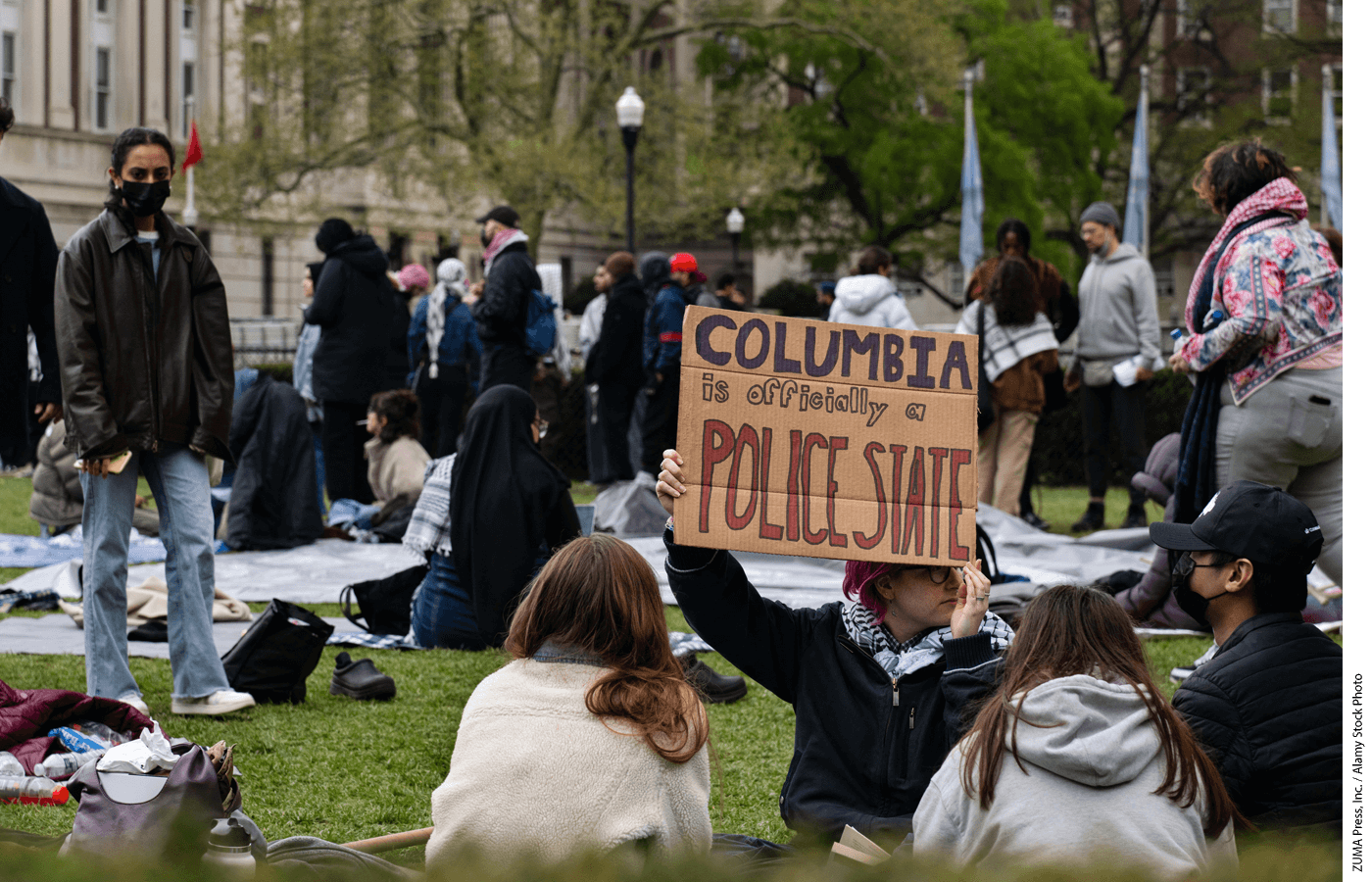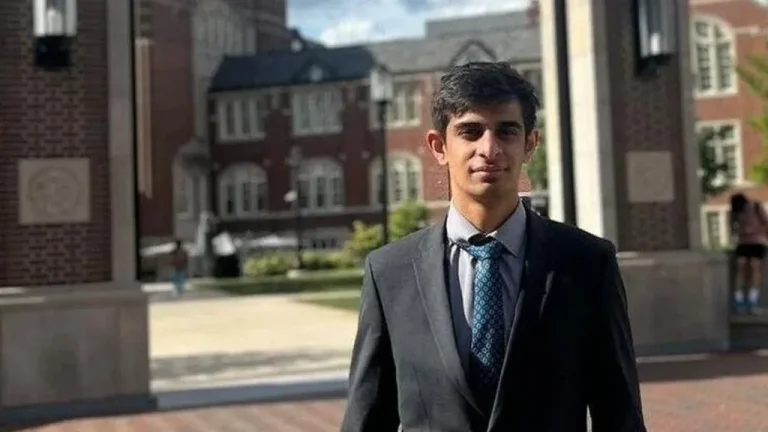
Following demonstrations over the weekend that the Biden White House called “unconscionable and dangerous,” Columbia University canceled its in-person classes Wednesday. At the end, the raucous crowd that had transformed Columbia’s campus into what appeared to be a makeshift homeless camp and was chanting “Hamas, we love you, we support your rockets too!” saw more than a hundred protestors taken into custody by the New York Police Department. Although impressive, the mayhem was not unique. Across the nation, similar shows have erupted, generally with no consequences. That’s why the arrests at Columbia were noteworthy. It also coincides with a recent pattern in which administrators at other universities, including as Vanderbilt, Washington University in St. Louis, and Pomona College, at last took action mete out punishments to the bullies who are occupying college buildings, inciting violence, damaging property, and endangering their peers—something they ought to have done a long time ago.
As I watched Columbia’s disaster develop over the past few days, I couldn’t help but think back to a previous chapter in the university’s history: the 1968 open letter written by Mark Rudd, the campus leader of Students for a Democratic Society, to the then-president of the university, the day before Columbia’s infamous student uprising. Rudd said at the moment, putting it so succinctly: “This is a stick-up, motherf—–, up against the wall.”
Campus protests today involve a great deal of id, ego, and appetite. They’re theatrical rather than thoughtful, taking their lead from the popular memory of Rudd and his fellow showmen from the 1960s. Rather than introspection, they are about show. They really seem designed to obstruct rational conversation and thoughtful investigation, which makes them a bad choice for respectable universities. Despite their private concerns, a lot of faculty members exhibit an odd reluctance to voice their opinions. Even worse, other academics don’t appear to care all that much about how instability on campus affects teaching and learning. In fact, the advocates of disorder seem strangely unconcerned with the importance of what transpires in their classrooms.
Academic timeframes, you know? A couple of Carleton College professors, Amna Khalid and Jeffrey Aaron Snyder, took exception at a column I had written late last year, even as the Vanderbilt drama unfolded. They wrote a long editorial supporting, well, campus anarchy for the Chronicle of Higher Education. You see, they took issue with my assertion that “the historic purpose of campus free speech is to facilitate the unfettered pursuit of truth and understanding in teaching, learning, and research, rather than to provide banner-waving protesters with a bucolic backdrop.”






